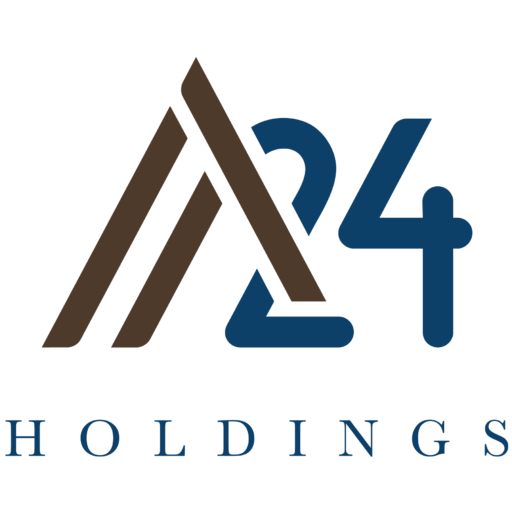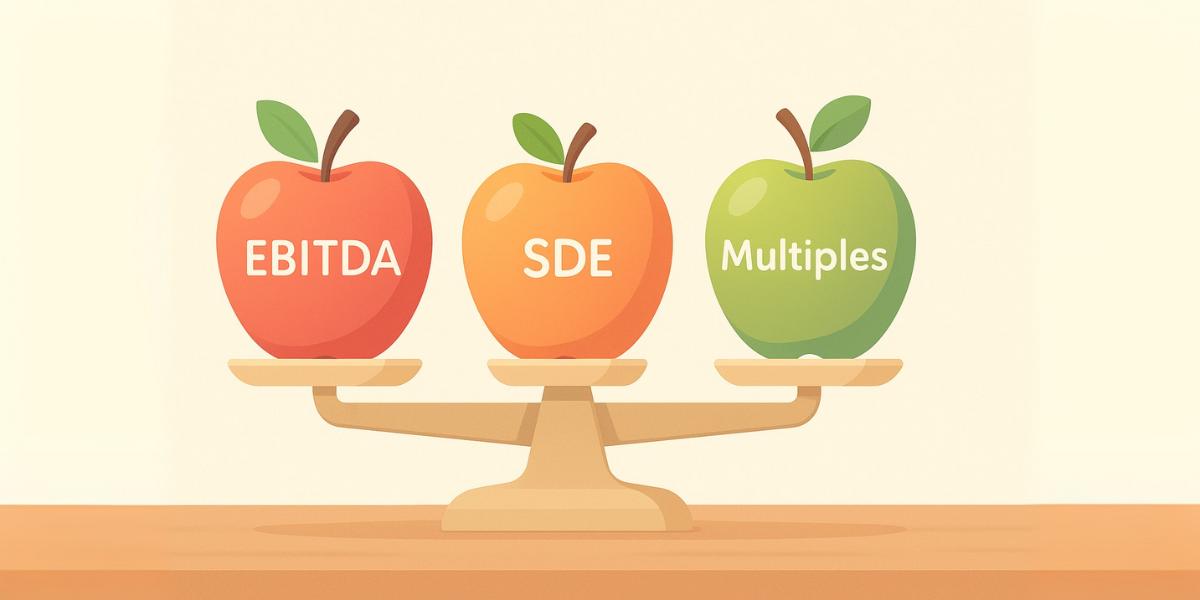What’s it like to let go of something that you have built and start with passion and dedication?
Starting a business, growing it with humble beginnings to a point where it has decent value, and then selling it off, takes a big heart to do that.
Selling a business is a big, important, and significant step for any reason, such as retirement, no member to take care of the business, or if the owner has passed away.
For most of the owners and entrepreneurs, it’s like selling their soul or a part of themselves.
Selling a business can be stressful; that’s why at AA24 Holdings, we understand you and your needs, and more than happy to connect with you for a smooth transition.
What to do when selling your business
With smooth planning, careful steps, and for a hassle-free sale of the business, you need to take care of some factors:-
- Show the true value of the business – Calculate the value of your business’s inventory accurately, so that during the final purchase, you can ensure that the final price is adequate and you can negotiate it well.
Remember to add your venture’s long-term potential to the final purchase as it also increases the company’s value.
- Evaluate potential buyers – Always do the market research, and evaluate all the interested potential buyers for your business, the more candidates will be, the higher will be bidding and you can seal a deal that is beneficial and profitable for you and your business.
- Ensure your values align with those of the new owners – Your business is the reflection of what you are and how you have set up this venture; you need someone who understands your thoughts and has the capability to take this brand and legacy forward to new heights.
At AA24 Holdings, we understand your situation and dedication, and promise to provide the true value of your business with success in mind.
Things to consider when selling your business
- The price and value of your business – How much net do you expect from the sale of your business? How easy and difficult is it for you to find a buyer? All of these factors depend on your business’s price and overall present value.
- Timing of the sale – Timings can significantly affect the sale of your business. Keep track of ongoing market trends, conditions affecting the economy thoroughly, so that you know the value of your business, and you can determine the factors when and how to sell.
- Reputability and fit of potential buyers – Always check the reputation and fit of the potential buyers, as sometimes some competitors think of it as an opportunity to gain insights and confidential information about the organization that will be helpful for them.
- Terms of the deal – It is important for both parties, the seller and buyer, to go through all the details and terms of the deal, that includes any fine print, specific clauses.
Both parties need to be comfortable with all the terms, so that they are prepared for any future requirements.
- Due diligence – Once you have signed the deal, the next step is due diligence. You need to provide all the key documents, such as the license agreement, contract, financial statements, projections, and policies related to the organization to the respective buyer.
When to sell your business
- Increased buyer demand – Sometimes, due to market changes and fluctuations, buyer demand increases. Some sudden changes in the market decrease the business valuations, but demand increases dramatically.
This situation allows many of the potential buyers who were waiting on the sidelines to have the opportunity.
- A growing sales market – If the demand for your business is increasing, it’s better to consider listing your business, as it will attract more potential buyers due to the increase in sales.
Focus on showing more generated sales with demonstrated growth of the organization.
- Potential for higher taxes – The tax rate is never the same, many factors affect the tax rate. You need to propose a tax rate in advance, as it takes time to enact.
You need to finalize the sale of your business, as the tax rate might go higher and will affect your sale and tax brackets.
- When the business needs additional resources – Sometimes your business just hits a wall. You and your business need a new significant leader and leadership and investment to keep on growing.
A business owner might consider selling his business only when he lacks investment and leadership skills for the smooth transition of their organization.
Things to avoid while selling your business
- Inadequate preparation – To ensure a smooth and successful experience, it is necessary to keep your financial records updated and your business history well-structured and documented.
You need to keep track of your essential financial and legal documents so that you can show them when the perfect buyer shows up.
- Choosing the wrong professional – it is also necessary for you to know who the buyer is; you should not make the mistake of going to the first consultant or buyer you come across.
You should go for someone who has significant experience in your field and has a good reputation with past clients.
- Mismanaging the sale – Sometimes problems occur when there is miscommunication between the buyer and seller, or important information is not fully disclosed, or some documents are invalid or not relevant. You should take care of these factors.
How to choose a potential Buyer?
Selling the business can be a great step to enhance your financial future, but it can cause problems as well if not done right and with the right people.
Look for potential buyers or companies that have experience in your industry who can support the continued growth of your business.
At AA24 Holdings, we’re always happy to have a private, stress-free conversation. We are committed to assisting you in navigating a seamless and strategically sound transition whenever you are ready to proceed.






